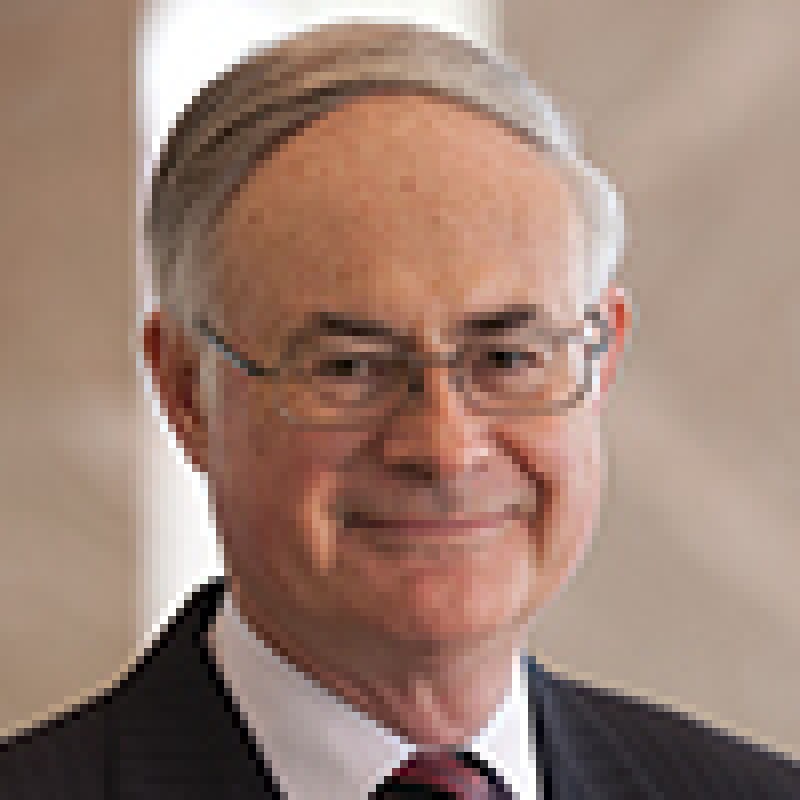The bouncer who released footage from a Queenstown, New Zealand bar featuring English rugby player Mike Tindall has had his conviction under the Crimes Act upheld by the Supreme Court. The Court's decision is based on its finding that the digital file Jonathan Dixon removed from the bar constitutes property under the Crimes Act.
This represents a departure from the position that has been previously thought to apply in New Zealand, which was that information and software are not property.
The implications of this decision could be wide-ranging, as it may make some acts of taking information a crime, where they would not previously have been. It also may in some cases make acts a crime, which previously would only have been copyright infringement.
Background
During the Rugby World Cup 2011, the English rugby team had a night out in Queenstown. In the course of that night, the vice captain of the English rugby team Mike Tindall (who also happens to be married to Queen Elizabeth II's granddaughter) had an encounter with a woman. The bar in question had CCTV. A bouncer at that bar, Jonathan Dixon, took a copy of the CCTV footage of Tindall from the bar and tried to sell this footage. When he was unable to do so, he uploaded it to YouTube.
Dixon was convicted of accessing a computer system for a dishonest purpose, under section 249 of the Crimes Act. Section 249 makes it a crime to "directly or indirectly, [access] any computer system and thereby, dishonestly or by deception, and without claim of right, [obtain] any property, privilege, service, pecuniary advantage, benefit, or valuable consideration".
In Dixon's case, he was originally convicted on the basis that he obtained "property".
Dixon appealed to the Court of Appeal, and his conviction was substituted for one that he had obtained a "benefit" under section 249. The Court of Appeal reached this position based on its view that the digital file Dixon took could not be considered "property".
However, the Supreme Court reviewed the relevant law from New Zealand, the US and the UK and found that the digital file was "property", so the original conviction was reinstated.
Reasoning of the Supreme Court
The primary issue for the Supreme Court was whether digital footage stored on a computer system was 'property', as defined in the Crimes Act.
The Court of Appeal in this case had decided that it was not. It pointed to the English criminal case of Oxford v Moss which had held that information, even confidential information, was not "property" and the Court of Appeal noted this was consistent with the general approach taken in civil cases. The Court of Appeal, in analysing whether digital footage might be distinguished from confidential information, concluded it could not – "bytes cannot meaningfully be distinguished from pure information".
The Supreme Court disagreed, taking the view that digital files were more than pure information and thus felt able to put aside the criminal and civil authorities which had held information was not "property". Proceeding unencumbered by these authorities, the Court noted that the other computer misuse offences referred to software and data and therefore a purposive construction of section 249(1)(a) suggested the reference to "property" must include digital files.
The Supreme Court also considered it was a fundamental characteristic of property that it was something capable of being owned and transferred. The digital files taken by Dixon were capable of being sold and this was another indicator they constituted "property". It noted the Crimes Act definition of "document" included an electronic file and surely a Microsoft Word document must be property and thus so must other forms of digital files.
The Supreme Court preferred to equate digital files with software rather than information, and thus felt the way was clear to adopt those US authorities which had held software to constitute property. It decided that there was no reason not to accord digital files the same status in New Zealand for the purposes of section 249 of the Crimes Act.
So what does it all mean?
The short answer is that this case does change the law in New Zealand. Digital files, and we would suggest software (by logical corollary), is now "property" that can be "obtained" in breach of the Crimes Act. This will make some acts a crime, which would not have previously been considered to be one.
While the case is about section 249, which covers the narrow crime of accessing a computer for a dishonest purpose, it can be expected that the definition of "property" used by the Supreme Court will be applied in other situations. The NZ Herald has already made a possible link to whether it creates a case against the receiver of hacked information. Where in the past unless information was confidential, the taking of it (for example from an employer) could not be prohibited, this case now opens the door for the taking of non–confidential information that is in the form of a digital file, to be a crime.
It also raises the question of whether acts that constitute copyright infringement could now also be a crime.
We will continue to watch and report on this space.

|

|
Ken Moon |
Laura Carter |
AJ ParkLevel 22, State Insurance Tower1 Willis Street, Wellington 6011New ZealandTel: +64 4 473 8278Fax: +64 4 472 3358wellington@ajpark.comwww.ajpark.com










